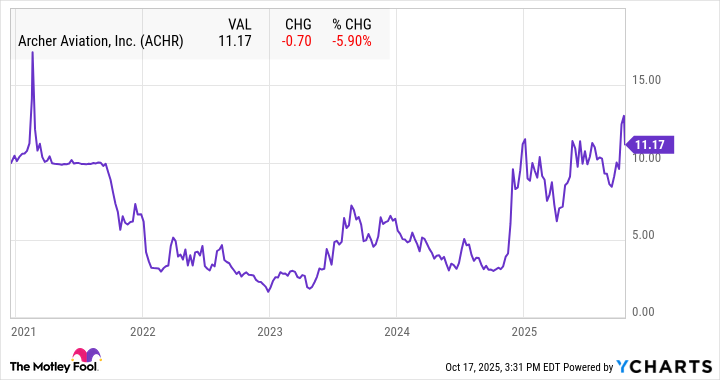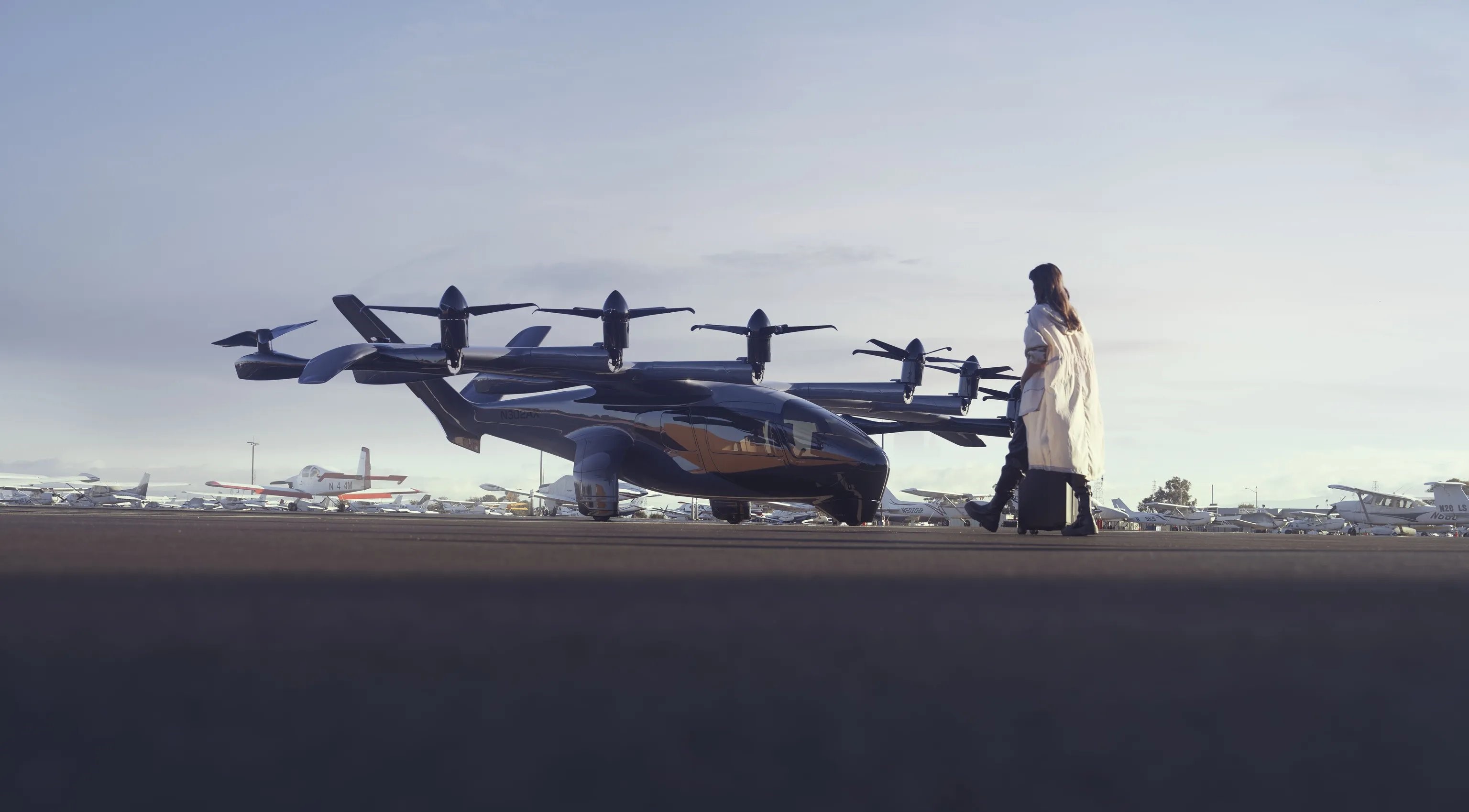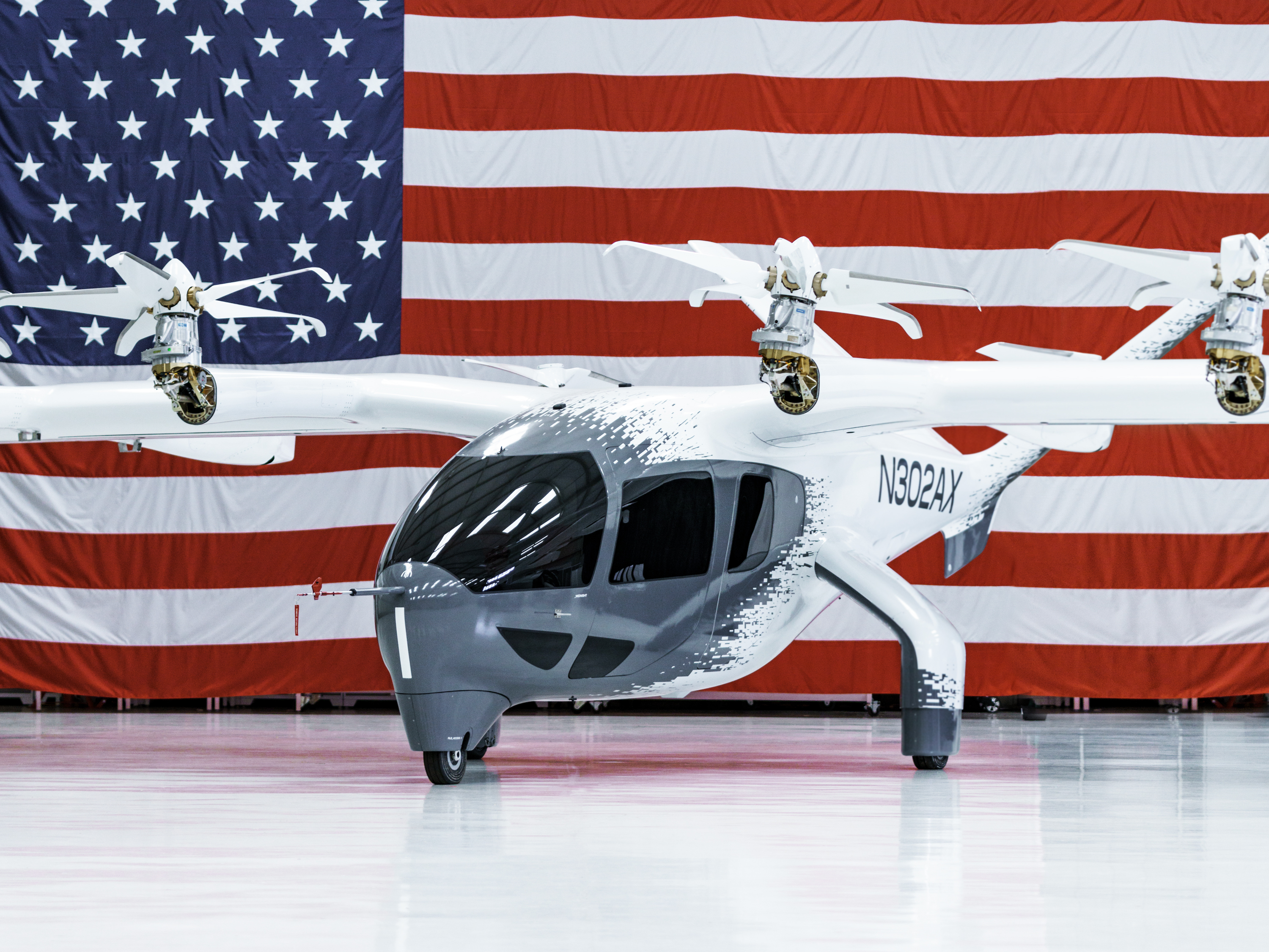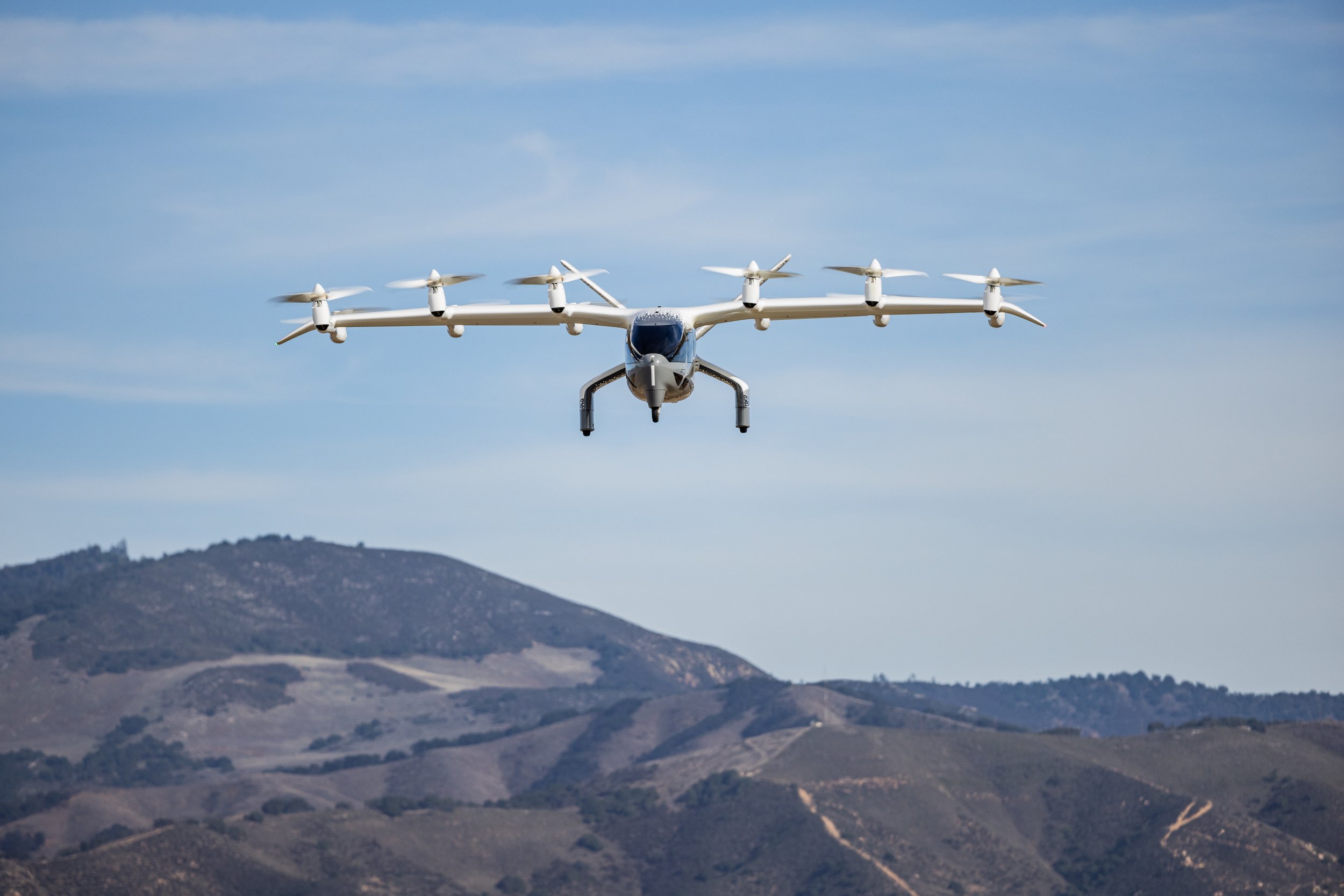There's no shortage of talk of a stock market bubble these days.
Artificial intelligence stocks and other emerging technology stocks continue to surge as investment dollars pour into AI and other disruptive technologies. Nearly every week, it seems, OpenAI is forging a new blockbuster deal to invest tens of billions of dollars in AI data centers, and Oracle recently gave an astronomical forecast for its cloud infrastructure business, driven by AI.
However, a look at the economy tells you that not everything is humming along. The labor market softened with essentially no net job growth in recent months. Inflation remains a thorn in consumer spending and could reaccelerate as the impact of tariffs moves through the supply chain, and credit risk is rising with increased defaults, as some regional banks recently noted.
Much of the focus of a stock market bubble has been on AI leaders like Nvidia. While Nvidia stock is at risk of a slowdown or even a pullback in AI spending, the company is viable with huge profits and plenty of cash to fall back on.
If the bubble does burst, it's more likely to affect pre-revenue companies -- emerging technology stocks that soared over the last few years on hopes that they could represent the next breakthrough technologies after AI. That's because growth in these stocks has been primarily driven by psychology and market sentiment, rather than business results, which have driven Nvidia's rise.

Image source: Archer Aviation.
One of these is vulnerable emerging technology stocks Archer Aviation (ACHR 0.28%), the maker of electric vertical takeoff and landing (eVTOL) vehicles and best known for its Midnight eVTOL, a $5 million vehicle with defense and transportation applications. Archer unveiled plans for an air taxi network in the New York City area with United Airlines, and it's planning one for Abu Dhabi and Dubai.
The company also formed a strategic partnership with defense tech startup Anduril to develop VTOL military aircraft.
How Archer Aviation got to a $7 billion market cap
Archer Aviation went public through a special purpose acquisition company (SPAC) in 2021, and the stock briefly popped above where it is today before sinking below $5 and staying there through most of 2022-2024.
The stock then surged after the 2024 election as investors bet on improving prospects for Archer, including deregulation under President Donald Trump and increased military spending.
It's now nearly a year later, and Archer Aviation doesn't have any revenue to report, and it reported a $206 million net loss in the second quarter.
Archer is hoping to commercialize its air taxi network in Dubai by the end of the year, and some analysts expect it to generate a slight amount of revenue, less than $5 million, by the end of the year. Next year, the consensus calls for $84 million in revenue.

NYSE: ACHR
Key Data Points
Is Archer sitting on a bubble?
Despite having no revenue, Archer Aviation now trades at a market cap of $7 billion, while rival Joby Aviation (JOBY +1.06%) is valued at $15 billion. Joby has minimal revenue, but it is more established and further along with its development.
It's unclear what the basis is for those valuations. At one point, Archer argued that its total addressable market could be in the trillions of dollars, referencing a study by Morgan Stanley, but that seems dubious.
In fact, the math for Archer doesn't really add up, and despite its new technology, neither of the businesses it's competing in are really new.
AeroVironment (AVAV 0.84%) is a drone maker, providing autonomous ground-based and aerial vehicles for the military, with a well-established business. It's on track to generate $2 billion in the current fiscal year, and it's profitable. However, its market cap is just $18 billion, which seems modest compared to the eVTOL stocks. By comparison, Archer may not ever reach $2 billion in revenue, and if it does, it will likely take several years.
The urban air taxi network is also not a new concept. Blade, a helicopter transportation company, provides service from Manhattan to surrounding New York airports, and flies similar routes elsewhere in the country and in Europe. That company's passenger business was bought earlier this year by Joby Aviation for just $125 million, showing that demand for "urban air taxis" has been marginal so far. Blade has been operating for over a decade, meaning this service is not new. There are also other obvious challenges to making an urban air taxi service mainstream.
Given the lack of commercialization thus far and the valuations for peers like AeroVironment and Blade, Archer seems to be in a bubble at a market cap of $7 billion. While the business could eventually prove itself to be viable and profitable, that's likely to take several years if it happens. In the meantime, the sentiment inflating the stock is likely to fade, especially among broader concerns about the economy.
While Archer might seem small, the stock can still fall a long way from here. If market winds shift, don't be surprised to see it back where it was before its post-election surge.








